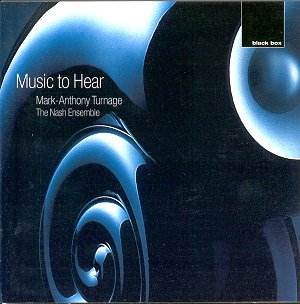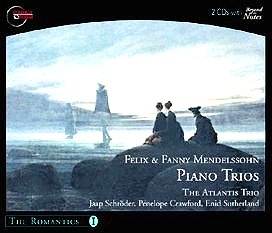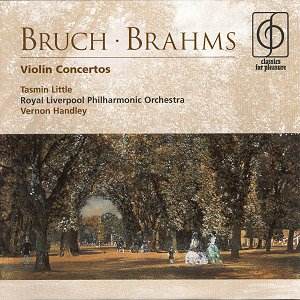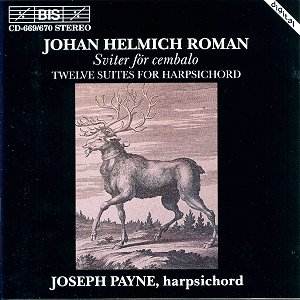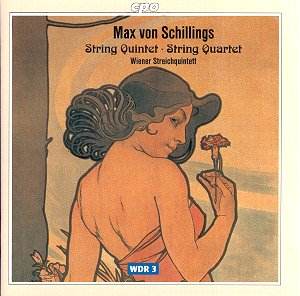 Composer: Max von Schillings
Composer: Max von Schillings
Works: String Quartet in E minor (1887), String Quintet Op. 32 in E flat major (1917)
Performers: Wiener String Quartet with Martin Albrecht Rohde (viola)
Recording: Vienna, 2001
Label: CPO
Max von Schillings, a composer whose career straddled the late Romantic and early modernist eras, offers a revealing glimpse into the Austro-German musical tradition through his String Quartet in E minor and the String Quintet in E flat major. The former, penned when Schillings was only 19, demonstrates a precocious command of form and harmony, while the latter represents his stylistic maturation and reflects the turmoil of a world at war, written three decades later. Both works, recorded by the Wiener String Quartet with violist Martin Albrecht Rohde, provide an engaging exploration of Schillings’ artistic evolution, juxtaposing youthful vigor with a more contemplative, if occasionally darker, ethos.
The String Quartet in E minor is a striking testament to Schillings’ early promise, capturing the fervor of youthful creativity. The first movement unfolds with an exuberance that is immediately arresting, propelled by a rhythmic vitality that recalls the influences of Wagner and the burgeoning German Romantic tradition. The ensemble’s interpretation here is particularly commendable; the phrasing is buoyant, and the interplay between the instruments conveys a sense of both camaraderie and urgency. The second movement, marked Adagio, introduces a lyrical quality that showcases the quartet’s ability to navigate the emotional landscape with sensitivity and warmth. Notably, the third movement’s Scherzo contrasts sharply with the preceding material, employing a playful energy that invites comparison to the more whimsical aspects of Mendelssohn’s quartets.
Transitioning to the String Quintet Op. 32, one encounters a work infused with introspection, shaped by the socio-political climate of the early 20th century. The Quintet’s opening Allegro moderato is characterized by a broader emotional palette, with harmonies that hint at a more complex, perhaps even troubled, inner world. Here, the performance shines through its nuanced interpretation, particularly in the way the ensemble manages the dynamic shifts and the poignant dialogue between the strings. The slower movements exhibit a gravitas that is both haunting and compelling; Rohde’s viola adds a rich, sonorous depth, enhancing the textural complexity of the work. The final movement, while maintaining the Quintet’s overarching somber tone, resolves with a sense of resignation, leaving listeners to ponder the ambiguities inherent in the music.
The recording quality is exemplary, allowing the vibrant textures and colors of the string ensemble to emerge with clarity and richness. The engineering captures the nuances of each instrument, ensuring that the subtleties of Schillings’ writing are not lost. There is a palpable sense of space and resonance that enhances the listening experience, drawing one into the intimate world of chamber music.
While comparative recordings of Schillings’ works may be scarce, this release stands out for its interpretative integrity and technical excellence. The Wiener String Quartet’s commitment to the material is evident, presenting Schillings’ music with a conviction that invites further exploration of his oeuvre. The juxtaposition of the youthful exuberance of the Quartet with the more intricate and weighty Quintet offers a compelling narrative of a composer who, despite his later entanglements with the political milieu of his time, produced music that speaks to the breadth of human experience.
The performances captured in this recording elucidate Schillings’ duality as both a gifted melodist and a composer deeply engaged with the complexities of his age. This collection is not merely a rediscovery of forgotten repertoire; it is an invitation to delve into the rich tapestry of early 20th-century German music. For those interested in the evolution of the Austro-German musical language, this recording is an essential addition, revealing the enduring significance of Schillings’ contributions to the chamber music canon.
